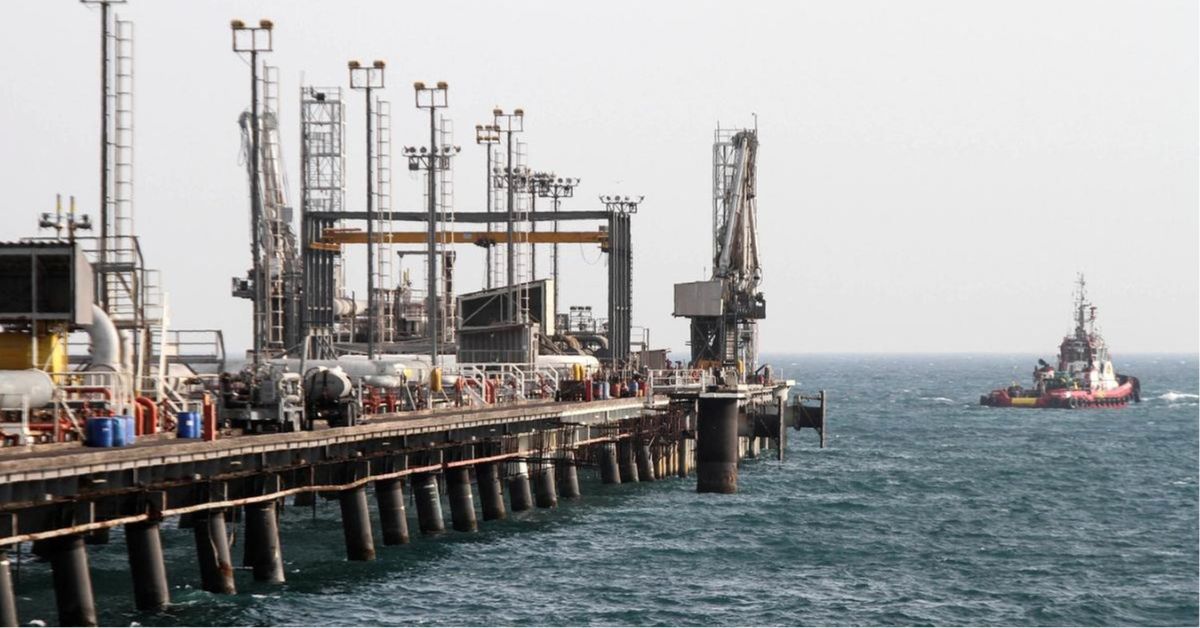LONDON — Should the US tighten sanctions on Iran’s crude oil exports in response to the country supporting Hamas, it would affect investment portfolios worldwide. While these sanctions are motivated by geopolitical concerns, they are poised to have a significant impact on portfolios for both individual and institutional investors globally. As always, with heightened volatility come new opportunities and risks.
Portfolios containing energy sector assets could be directly influenced by sanctions on Iran’s crude oil. As a leading oil producer, any restrictions on Iran’s exports might lead to a decrease in the global oil supply, potentially enhancing the profitability of energy companies.
While some energy stocks could gain from rising oil prices, others might grapple with challenges stemming from increased production costs. Dividend stocks in the energy sector might experience price hikes, which could be favorable for income-driven investors. However, the sustainability of these dividends might be at risk if elevated oil prices result in higher expenses for energy firms.
Sanctions leading to a surge in oil prices can have wider economic implications, especially in terms of inflation. Central banks, which have been striving to curb historically high inflation rates over the past couple of years, might contemplate raising interest rates in response to escalating inflation.
Higher interest rates would make borrowing costlier for businesses, affecting their growth strategies and investments. Consequently, this impacts stock prices and the overall performance of portfolios. Companies across different sectors might also encounter increased production costs due to rising oil prices. Such additional costs could compel businesses to transfer these expenses to consumers, potentially affecting their profitability and stock values.
Developing economies are especially susceptible to spikes in oil prices. A significant number of these nations heavily depend on imported oil. When prices soar, it can put a strain on their trade balances and destabilize their currencies. Consequently, investors with substantial exposure to these markets should exercise heightened caution, as the risks are amplified.
Furthermore, fluctuations in oil prices directly affect currency exchange rates. Those invested in currency markets must be adept at navigating these changes, as they can alter the worth of their investments.
Imposing sanctions on Iranian oil introduces geopolitical uncertainties into your investment portfolio. To counteract these risks, it’s crucial to diversify your portfolio across various asset classes, sectors, and regions. This diversification helps spread the risk and minimizes the repercussions of sanctions on particular sectors.
Moreover, crafting a robust risk management strategy is essential. This strategy should encompass setting stop-loss orders, fine-tuning your asset distribution, and staying updated on geopolitical events that could influence your investments.
Collaborating with financial advisors can offer invaluable insights. Their expertise and tailored recommendations, aligned with your specific investment objectives and risk appetite, can be immensely advantageous.
To sum it up, the US intensifying sanctions on Iranian oil might adversely affect both individual and institutional investment portfolios. This move has the potential to unsettle the energy sector, add to inflationary pressures, and heighten geopolitical tensions. It’s vital to recognize not just the risks but also the potential opportunities that arise.
Nigel Green is deVere Group Chief Executive Officer.
The opinions expressed are those of the author and may not reflect the editorial policy or an official position held by TRENDS.

